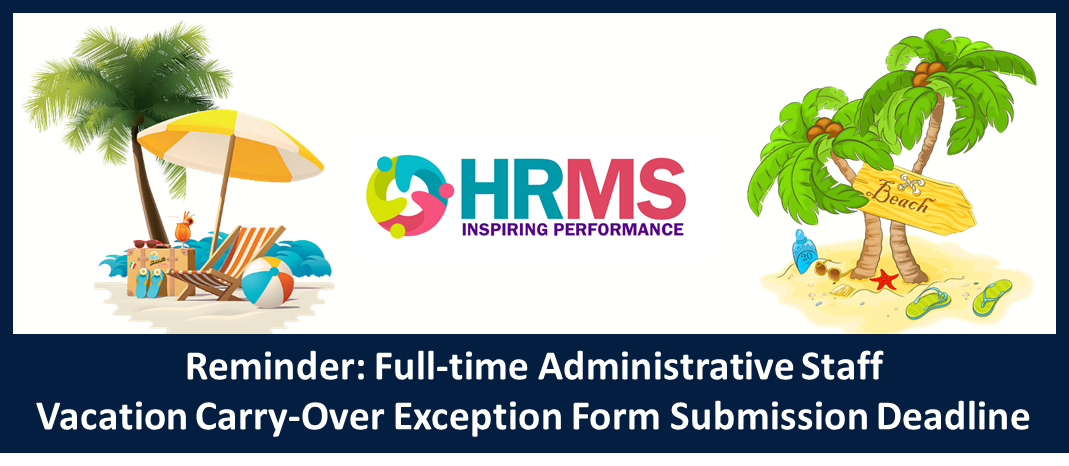The Humber College Council (HCC) held its sixth meeting of the 2019-2020 academic year on Thursday, March 5, 2020, at the North Campus. To ensure the Humber community is informed of upcoming events, new initiatives, and important issues, the College Council reports the highlights of its meetings. For more information or to provide feedback on these highlights, please contact risha.toney@humber.ca. We apologize for the delay in posting the highlights.
COVID-19 (Coronavirus) Update
**see humber.ca/updates for the most current COVID-19 update**
Christopher Parkes, [Associate Vice-President, Legal and Risk Management], Gina Antonacci [Associate Vice-President, Academic] and Rob Kilfoyle [Director, Public Safety and Emergency Management] provided a COVID-19 update. Enhanced cleaning protocols across the College have been implemented. Additionally, regular communication to faculty, staff, and students will be announced via Communiqué website alerts and MyHumber. The team is currently developing a risk registry to highlight high-risk areas within the College that may need to be addressed.
Christopher P. noted that moving forward, Humber will engage in preventative measures such as activating the formal emergency response process. The Emergency Operations Committee will manage the issue at hand, and report and provide updates to the executive team.
The College will be enforcing government recommendations regarding self- isolation and self-quarantine guidelines.
Institutional Learning Outcomes Framework Update
Vera Beletzan, [Senior Dean, Faculty of Liberal Arts and Sciences and Innovative Learning] and Andrew Leopold [Director, Communications] presented the final draft design concept for Humber Learning Outcomes. The Humber community provided feedback and suggestions to change Institutional Learning Outcomes (ILOs) to Humber Learning Outcomes (HLOs).
The Humber Learning Outcomes framework is designed to help students articulate the skills and mindsets they acquire through the polytechnic model to succeed in the rapidly changing future of work. The newly introduced image of the river reflects how students and graduates act as connectors within a complex ecosystem of individuals and communities, locally and globally. The ‘river’ is the symbolic identifier for the HLO framework as it resonates with the Humber community.
V. Beletzan remarked that the HLO team has been working very actively on this project and collaboratively with faculty. A website is underway which will include a faculty resource component and resources that link to the website.
Healthy Inclusive Campus – Employee Well-Being and Engagement
Dawn Bassant [Director, Organizational Effectiveness] provided a brief overview of Humber’s commitment to transforming the student and employee experience by creating a campus that is healthy, inclusive and fosters a highly positive experience.
D. Bassant noted that the objective of an employee well-being and engagement strategy is to develop a framework that focuses on aligning and initiating programs, actions, strategies, and approaches for achieving employee well-being. An additional objective is to implement plans that will achieve the vision of a healthy and inclusive campus.
The project will include three phases: Phase 1: key well-being dimensions and drivers, and voting on dimensions and drivers that are meaningful to you; Phase 2: refine the list based on your votes, and an opportunity to share opinions and views on what we should and should not do; and Phase 3: provide multiple ways to share feedback and devise a plan using the feedback.
HRMS Update
Lori Diduch [Vice President, Human Resources and Organizational Effectiveness] provided a Human Resources Management System (HRMS) update and highlighted achievements and challenges faced in the past six months.
The training and content aspect of HRMS yielded positive feedback and was highlighted as one of the achievements since the launch. The website has a Knowledge Base (KB) resource FEATURE available which contains content on various topics. It was noted that altogether, 75 sessions were facilitated for managers, delegates and employees. As well, there are over 150 videos/webinars and knowledge articles for reference.
From an end-user adoption perspective, challenges were faced around new and returning employees. Challenges were mainly around the use of personal emails and previous Humber emails, missing banking information and/or entering it incorrectly, and difficulty completing the benefits registration. Challenges with system performances included instances where employees received payment which should not have occurred, where the system did not transfer and process hours for payment when it should have occurred, and calculation errors for particular time entries. The team is currently working with the vendor to mitigate many of these challenges. Additional challenges included missed and or incorrect pay (underpayments) due to missing data entry, missed payroll deadlines for approval, and incorrect data entry.
L. Diduch confirmed that strategies have been implemented to address these challenges. HRMS Champions were identified for every department and Faculty to assist with employee training and adoption. A third party, Human Resources Call-in Support Centre, was set up to triage all HR related inquiries. An HRMS On-Site Resolution Centre was implemented to support employees face-to-face, in resolving issues related to pay.
To ensure that HRMS is used successfully and that the Human Resources and Organizational Effectiveness Division is able to achieve its stated goals for Humber, the action plan includes, but is not limited to: continuing to resolve critical issues still outstanding; share six-month review with the Humber Community for feedback; and continue to increase capability and provide additional training, user guides and support to department/Faculty HRMS champions.
Government Relations
Kelly Jackson [Associate Vice President, Government Relations and Communications] presented a brief overview of Government Relations at Humber College, and how Government Relations can support departments and improve connections for the College as a whole.
The key advocacy priorities focuses on strengthening polytechnic status, seeking funding for campus development, partnership opportunities, profiling experiential learning and applied research partnerships, and promoting sustainability activities.
It was highlighted that since June 2019, there has been significant progress in building relationships with the Premier, key members of Cabinet and local Members of Provincial Parliament. There were also opportunities for relationship building with political staff at events and through Queen’s Park meetings as well as advocating for key Humber priorities by identifying how they directly relate to government priorities (e.g. red tape or regulatory burden reduction).
Updates Membership/Elections/CICAN
Risa Handler [Chair of College Council] thanked the Office of the Senior Vice-President Academic for sponsoring two College Council members to attend the upcoming Colleges and Institutes Canada (CICan) conference. It was announced that Sheila Moore and Donna O’Brien Sokic have been selected to attend the CICan conference in May 2020. *The CICan conference was subsequently cancelled.*
Denise Rooney [Vice-Chair of College Council] shared that members will receive an email regarding their membership status with College Council. There are 23 spots open. All questions related to College Council membership to be emailed to Denise Rooney, denise.rooney@humber.ca.
The scheduled HCC meeting planned for Thursday, April 2 was cancelled due to the college-wide campus closure. An online meeting was held on Thursday, May 7, 2020; highlights will soon be posted in the Communiqué. For meeting highlights, supporting materials, and opportunities to provide feedback please visit the College Council website.



